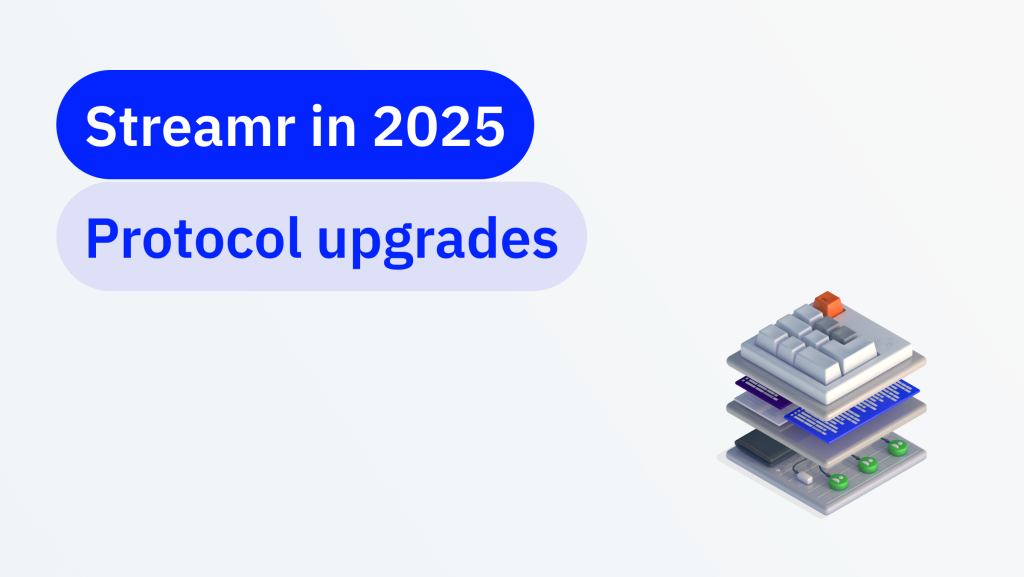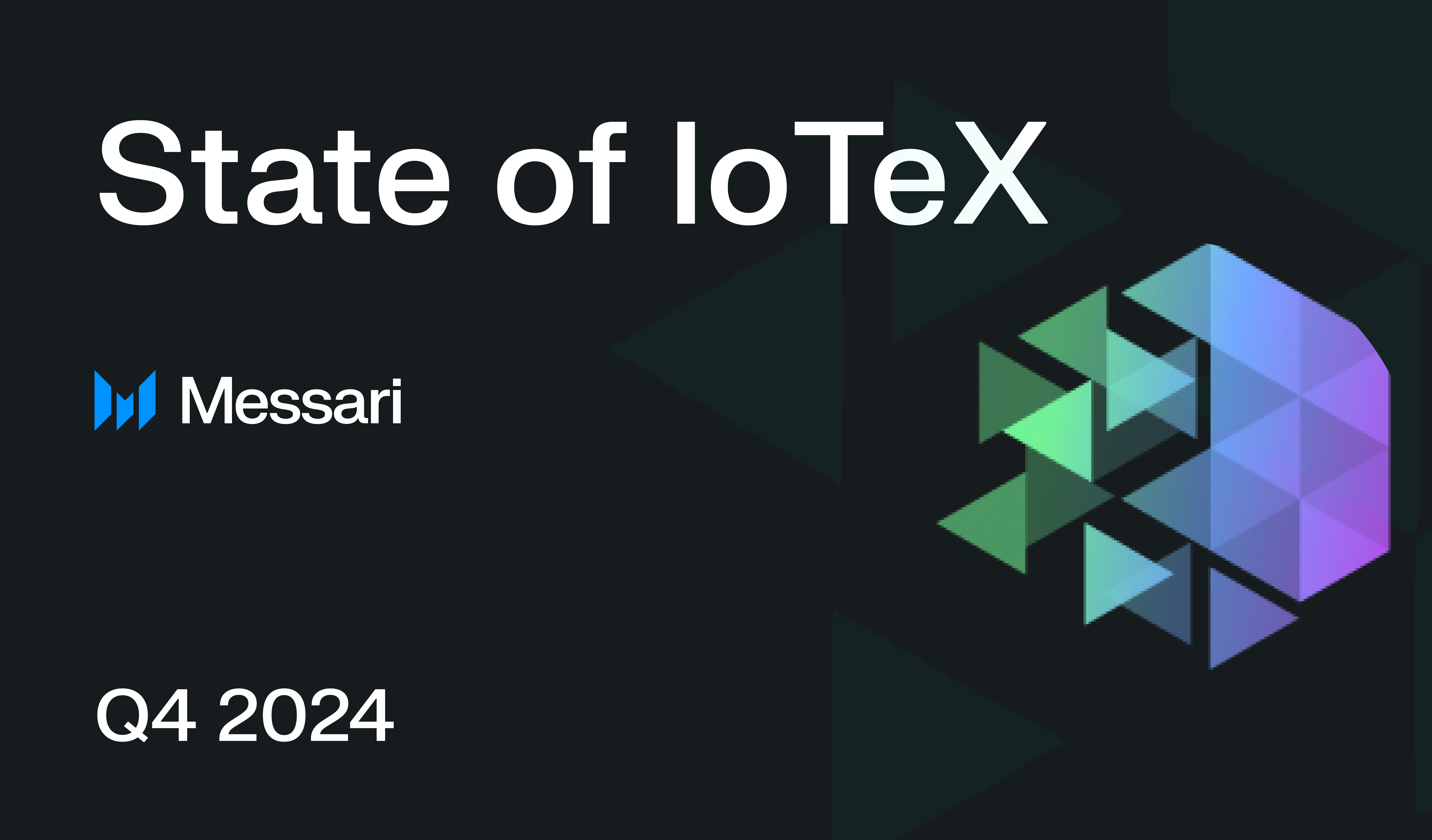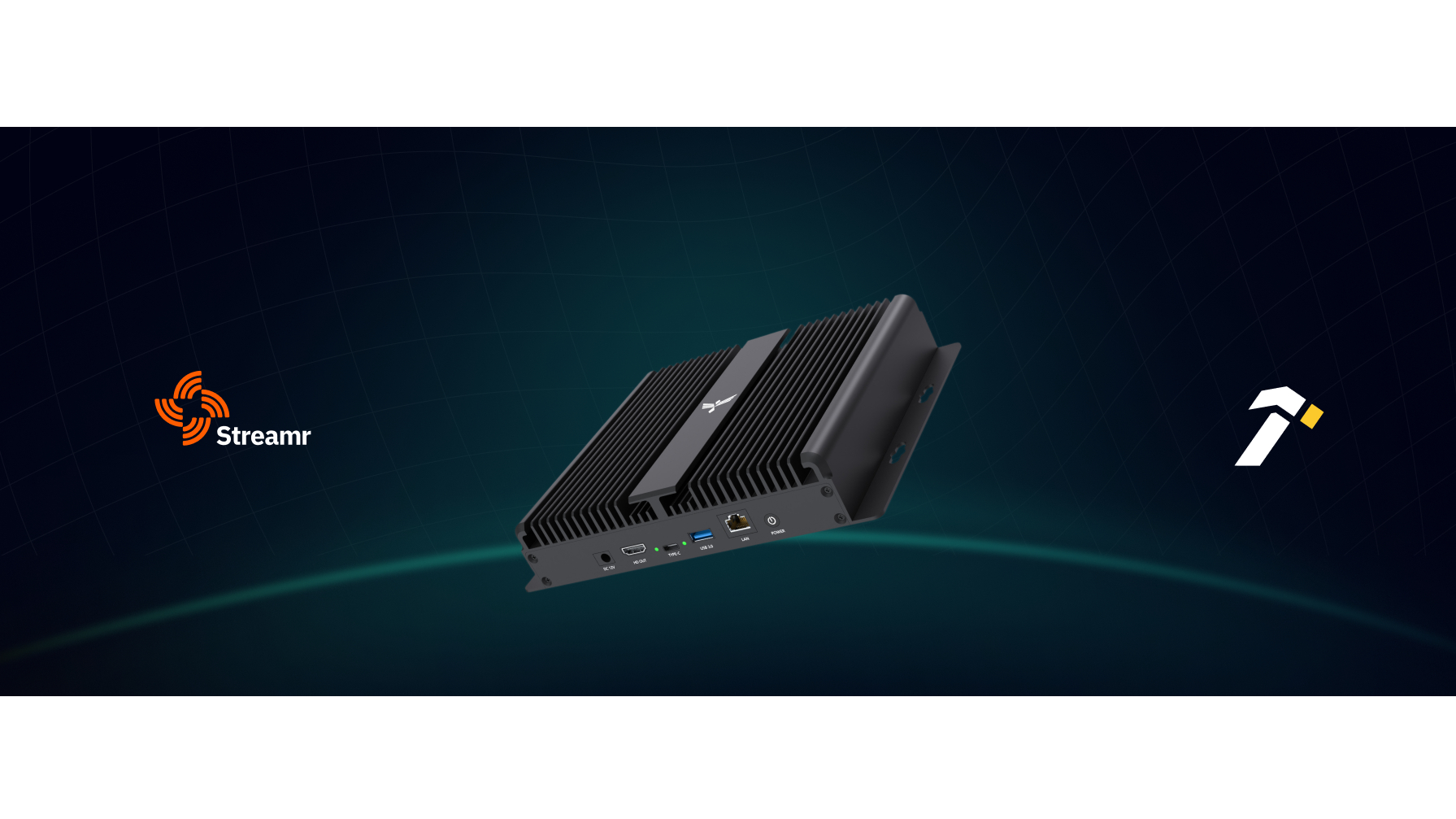
Streamr
The Streamr Network is a peer-to-peer network for publishing and subscribing to data in real-time. Applications use it for decentralized messaging, for example sharing data across applications or broadcasting real-time state changes to large audiences. The decentralized nature of the system makes the data transport scalable, robust, secure, tamper proof, and censorship resistant.
The Streamr Network consists of nodes that interconnect peer-to-peer using the Streamr protocol. Together, the nodes in the Network form a topic-based publish-subscribe messaging system. Topics in this messaging system are called streams. The job of the Network is to deliver published streams of messages to all subscribers of that stream.
The Streamr Network is a building block for decentralized applications - a message transport middleware, enabling any number of parties to distribute or exchange information without directly coupling or relying on a central server to broker data.
All of the data in the Streamr network is contained inside individual streams. The data may originate, for example from your app, machines on the factory floor, sensors in a smart city, in-house databases or systems, or from commercial streaming data feeds.
DATA
There are currently 8,267 active Streamr devices. The average device cost is $99, and the estimated daily earnings are $0.49.At this rate, the break-even point will be reached in 202.040816326531 days.
Chart
Minable Devices
Device Map
Number of Devices
8,267
Number of Countries/Regions
-
DATA Markets
Exchange | Pair | Price | Spread | +2% Depth | -2% Depth | 24h Volume | Volume % | Last Updated | Trust Score |
|---|---|---|---|---|---|---|---|---|---|
 BTCC | DATA/USDT | $0.02492 | 0.280674% | $561.038 | $563.616 | $2,403,435 | 50.308% | 2 hours ago | |
 Hotcoin | DATA/USDT | $0.02484 | 0.642055% | $30,470.395 | $17,949.317 | $1,381,359 | 28.531% | 2 hours ago | |
 Binance | DATA/USDT | $0.02490 | 0.080613% | $43,751.327 | $59,330.278 | $478,308 | 9.991% | 2 hours ago | |
 Hibt | DATA/USDT | $0.02485 | 0.160707% | $26,977.04 | $26,269.76 | $107,335 | 2.242% | 2 hours ago | |
 WhiteBIT | DATA/USDT | $0.02489 | 0.602652% | $19,876.608 | $4,666.575 | $67,510 | 1.392% | 2 hours ago | |
 XT.COM | DATA/USDT | $0.02484 | 0.401606% | $5,051.929 | $4,082.826 | $51,503 | 1.076% | 2 hours ago | |
 Ourbit | DATA/USDT | $0.02491 | 0.080225% | $37,057.96 | $54,197.03 | $51,296 | 1.072% | 2 hours ago | |
 CoinW | DATA/USDT | $0.02483 | 0.521042% | $3,015.872 | $6,262.848 | $41,271 | 0.853% | 2 hours ago | |
 BingX | DATA/USDT | $0.02492 | 0.160449% | $36,827.033 | $43,717.385 | $33,088 | 0.693% | 2 hours ago | |
 BloFin | DATA/USDT | $0.02487 | 0.28135% | $129,578.683 | $295,403.039 | $32,140 | 0.674% | 2 hours ago |
Learn More
Streamr News
View more





Social
Impressions
578,407
Engagement
9,787
Mindshare
0.13%